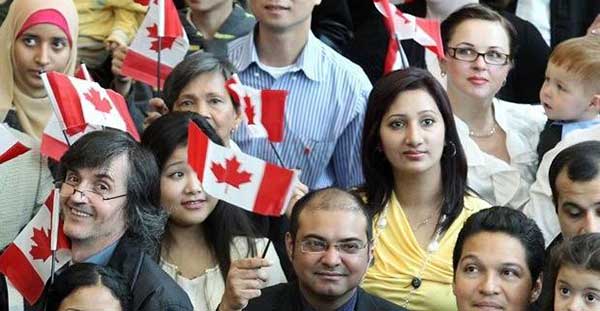 CBC Radio recently aired a story about an Indigenous woman who complained that a security officer, and then a City of Winnipeg police officer, treated her improperly while she was attending a Winnipeg Jets-related “Whiteout” event.
CBC Radio recently aired a story about an Indigenous woman who complained that a security officer, and then a City of Winnipeg police officer, treated her improperly while she was attending a Winnipeg Jets-related “Whiteout” event.
The woman, who described herself as an elder and a grandmother, says she was standing in a place that the officers informed her must be kept clear. The incident she complained about consisted of the officers’ attempt to have her move from that spot and her insistence that she had the right to stay put.
I have no idea who was right and who was wrong. What was interesting to me was what the woman said to the police officer: “I am on Treaty One land and I have a right to be here.” The woman went on to explain that she had heard the opening to the Jets game, the now familiar “You are on Treaty One territory,” and she believed this meant she had some kind of superior right to stand where she chose to stand.
The police officer’s reply was equally interesting: “No, this is Winnipeg.”
Who was right?
It’s not even close. The police officer was obviously correct. How could it be otherwise?
The elderly woman’s belief that a Treaty One person had some type of superior right to stand where one wanted was obviously incorrect and would lead to absurd results. For instance, would that woman have a better right than the ones enjoyed by a Treaty Two person? Could a Treaty One person somehow write rules for herself that overrode rules properly drafted by Winnipeg city council? Should police officers be required to carry a list of the different rights that various groups enjoyed? Would treaty rights vary by geography as well as racial background? Would a person entering a Jets game be required to take a DNA test?
These questions can obviously get sillier and sillier. I ask a few of them to illustrate how totally ridiculous the position advanced by the woman truly is.
But this woman should not be blamed for advancing this position. With regularity, she hears the announcement “You are now on treaty land” at most events she attends and quite naturally thinks it actually means something. She’s making a perfectly reasonable assumption.
Meanwhile, the people making the announcement and the people listening in silence to it think they’re merely being polite, in the interests of reconciliation. They think the announcement is meaningless. If they actually believed what the elderly woman did – that they were granting to an amorphous group some kind of superior rights within the City of Winnipeg (or to the City of Winnipeg) – they would have none of it. They would be very clear that all Winnipeggers must enjoy the exact same set of rights. They would – to a person – stoutly protect their own property rights.
And so they should.
But, if the announcement means nothing, why are we making it and why are we listening to it in silence? By doing so are we not all guilty of building up expectations that can’t be met?
One must have a certain sympathy for the woman who believed what she thought she was being told. In fact, if she didn’t have this mistaken belief – a belief that all of us who listen in slight bewilderment to this chic new opening address – are responsible for instilling in her, this unpleasant incident with the police officer might never have occurred.
A perfectly reasonable request from an officer might have met with compliance, instead of leading to this unfortunate boast about treaty rights and the ensuing embarrassment to all parties.
The fact is that all Canadians have equal rights. We should be clear about this fundamentally important point to this woman. And we should be clear about this to one another.
Brian Giesbrecht is a retired judge and senior fellow with Frontier Centre for Public Policy.
The views, opinions and positions expressed by columnists and contributors are the author’s alone. They do not inherently or expressly reflect the views, opinions and/or positions of our publication.

